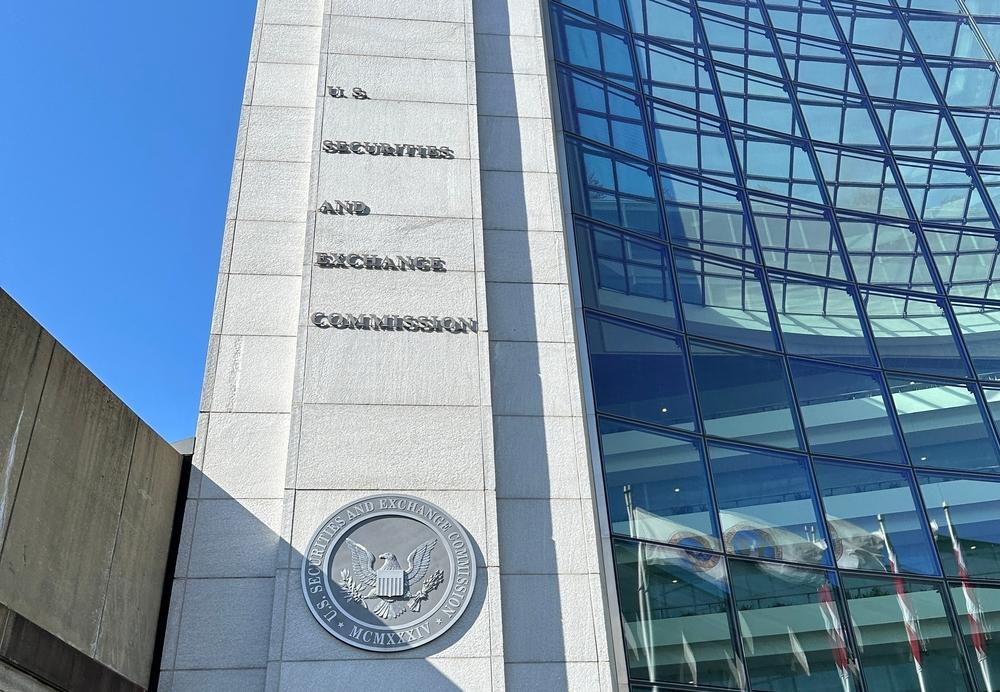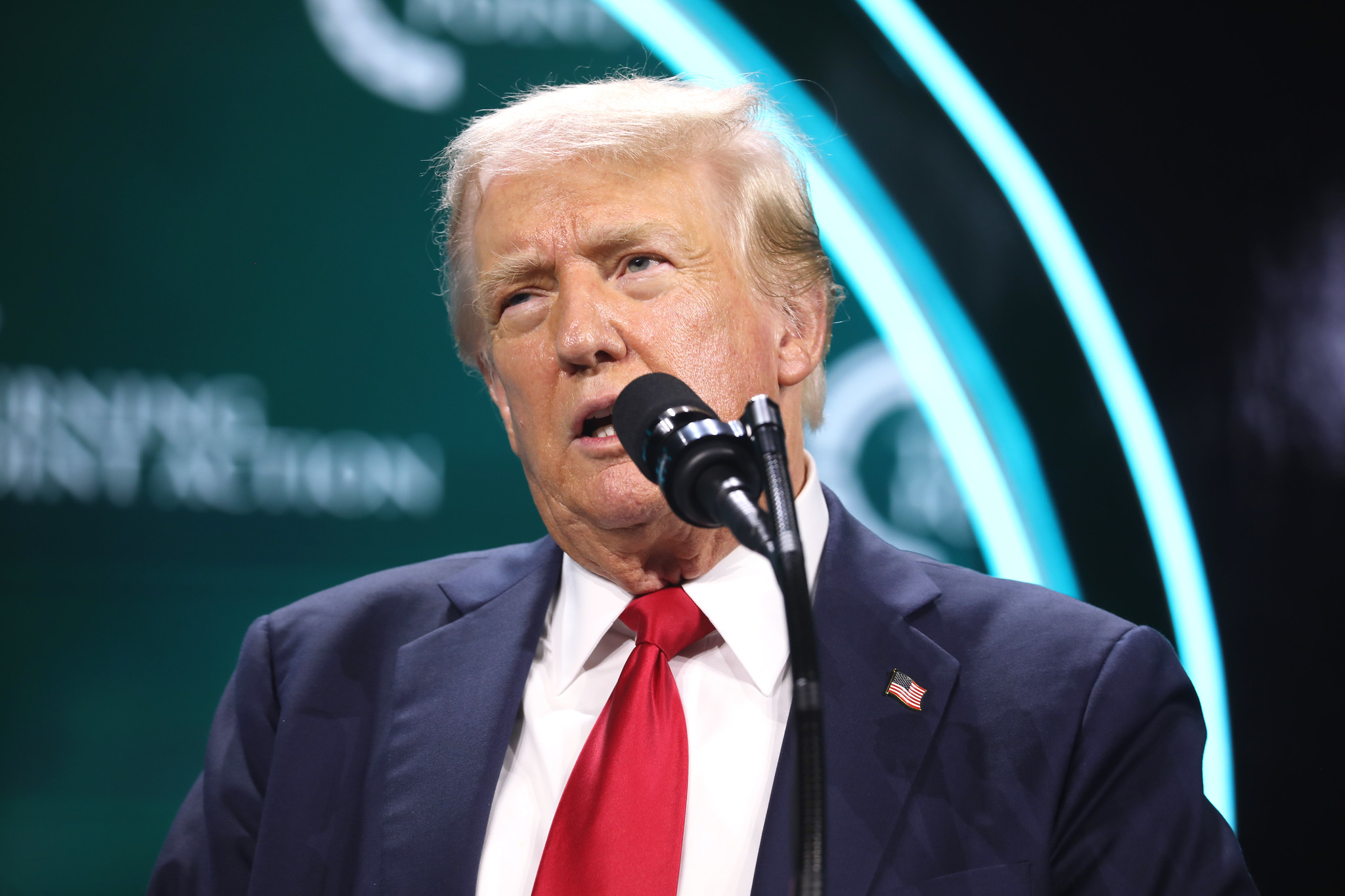The innovative financial technologies landscape in the United States is enveloped in uncertainty, particularly in the realms of digital assets and "banking as a service." Michelle Bowman, a prominent member of the U.S. Federal Reserve Board of Governors, recently highlighted the lack of well-defined guidelines for these emerging sectors.
During a global banking seminar in Salzburg, Bowman voiced her concerns about the "supervisory void" that forces financial institutions to navigate the regulatory gray areas surrounding these disruptive technologies. This predicament leaves them relying on vague, non-binding statements by policymakers, which exposes them to potential criticism in the future.
Bowman, who will serve on the Federal Reserve Board until 2034, emphasized the current regulatory environment's nature. Without explicit guidelines, regulators may introduce new mandates that could disrupt businesses that have already made significant investments. To achieve effective regulation and supervision, both innovative and traditional operations must be accommodated, she advised.
Moody's, a leading ratings company, echoed Bowman's concerns, expressing apprehension over the ambiguity surrounding digital assets. They foresee a potential exodus of investors and companies to more crypto-friendly jurisdictions in the absence of decisive U.S. legislation on the matter.
A positive step forward has been the emergence of drafts from the House Financial Services Committee and House Agriculture Committee. These drafts propose a regulatory framework that would classify certain crypto assets as digital commodities. The aim is to prevent the U.S. Securities and Exchange Commission (SEC) from denying the registration of digital asset trading platforms as regulated alternative trading systems, enabling them to offer digital commodities and payment stablecoins.
However, Bowman issued a stern warning about the lack of definitive rules for these innovative financial technologies, particularly in a high-interest rate environment. With the rapid pace of technological innovation outpacing regulatory development, it is evident that decisive action is needed in the U.S. to provide clarity and guidance on digital assets and their supervision.



























Comment 0